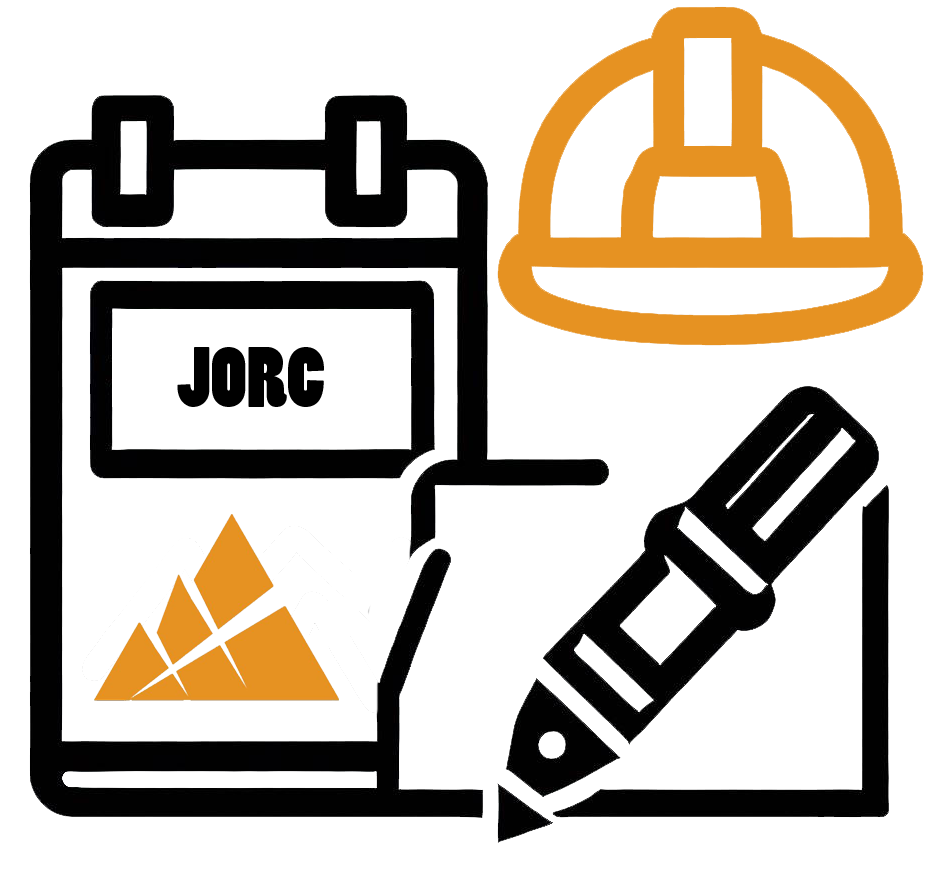JORC Reporting Code
The JORC (Joint Ore Reserves Committee) reporting code is a widely recognized and internationally accepted standard for reporting exploration results, mineral resources, and ore reserves in the mining industry. It was developed by the Australasian Joint Ore Reserves Committee and is commonly used in Australia, New Zealand, and other countries. The JORC reporting code provides a framework and guidelines for transparent and consistent reporting of technical and scientific information related to mineral projects. Its primary objective is to ensure that investors and stakeholders receive accurate and reliable information to make informed decisions regarding mineral investments. The code sets out principles and requirements for the classification, estimation, and reporting of mineral resources and ore reserves.
Key features and components of the JORC reporting code include:
Reporting Standards: The code outlines reporting standards for different categories of mineral assets, including exploration results, mineral resources, and ore reserves. These standards provide a common language and framework for classifying and quantifying the potential and economic viability of mineral deposits.
Qualified Persons (QPs): The JORC code requires that technical reports and disclosures be prepared or supervised by a Competent Person or Qualified Person (QP). The QP is an appropriately qualified and experienced professional who takes responsibility for the technical aspects of the report and ensures compliance with the code.
Materiality and Material Change: The code emphasizes the importance of materiality, requiring companies to disclose all information that could reasonably be expected to influence the investment decisions of stakeholders. It also highlights the significance of material changes in mineral resources or ore reserves, requiring companies to report such changes promptly and explain the impact on the project's economics.
Reporting Criteria: The JORC code provides specific criteria and guidelines for the estimation and reporting of mineral resources and ore reserves. These criteria include geological and mineralization considerations, data quality, sampling methods, estimation techniques, cut-off grades, and modifying factors.
Documentation and Transparency: The code requires companies to prepare comprehensive technical reports that document and disclose all relevant information related to mineral resources and ore reserves. This includes geological models, sampling and analysis methods, estimation methodologies, quality assurance and quality control measures, and any significant assumptions or limitations.
Competence and Professionalism: The JORC code emphasizes the importance of competence, professionalism, and ethical behavior in the reporting process. It expects QPs and reporting professionals to adhere to the highest standards of integrity, objectivity, and accuracy in their work.
Compliance and Assurance: The code encourages companies to undergo independent reviews and audits of their technical reports to ensure compliance with the reporting standards and requirements. These reviews provide additional assurance to stakeholders regarding the accuracy and reliability of the reported information.
“The JORC reporting code is widely respected and recognized by regulatory bodies, stock exchanges, and industry participants. It promotes transparency, consistency, and confidence in the reporting of mineral resources and ore reserves. By adhering to the code, companies enhance investor confidence, facilitate comparison between projects, and support better-informed investment decisions.”


